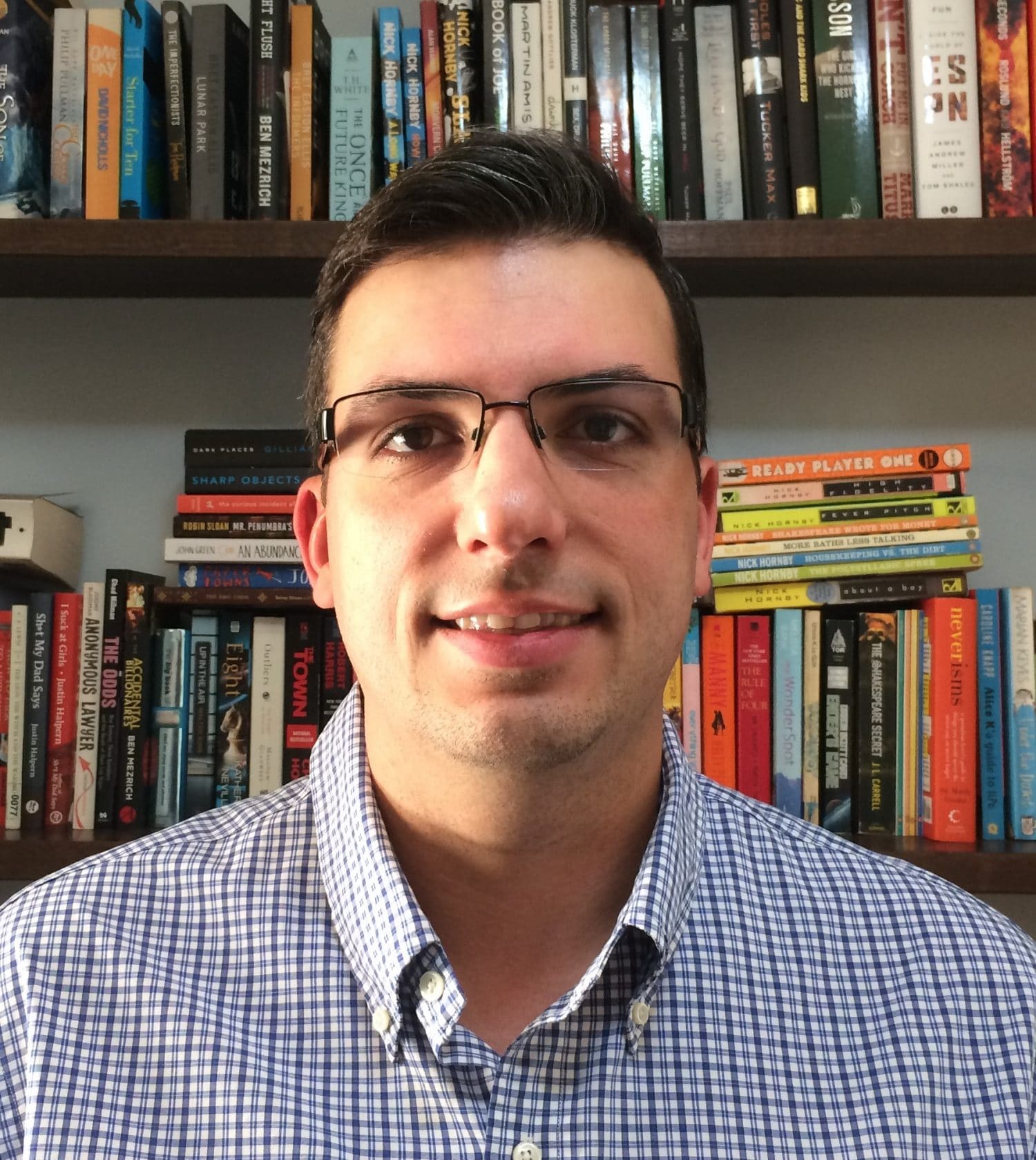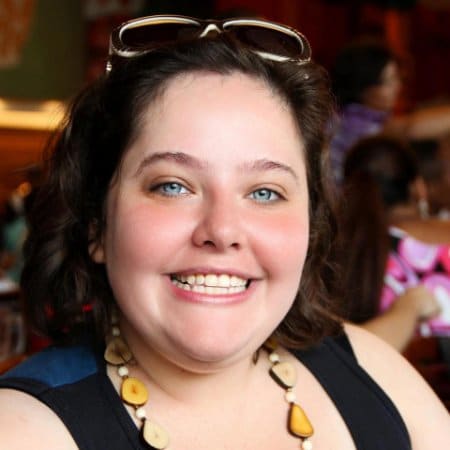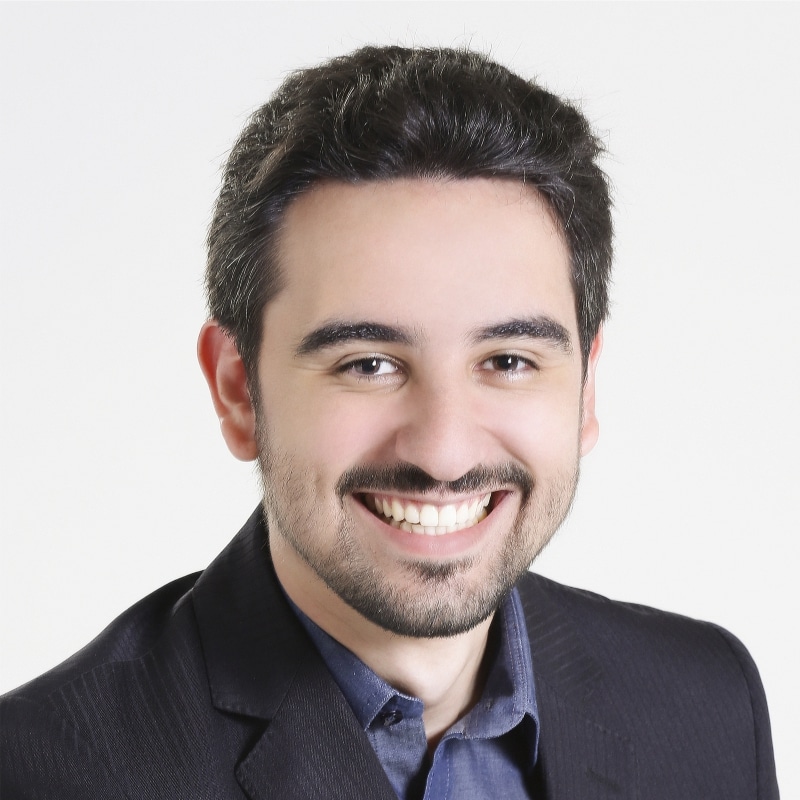English made in Brazil
Two things have happened recently that served as inspiration for this post. One of them is the (erroneous) belief that one can only learn a language if his/her teacher is a native speaker. Who would figure this is still a debate in 2017. The other is the #accentpride that aims at fighting the prejudice that only a native-speaker accent (which one?) is the correct way to speak English. With those two things in mind, I have decided to share the story of how I learned to speak English and how I became the teacher that I am today. I don’t think my story is special in any way, mind you, but it does prove the point that English can be learned and one can become a good teacher in Brazil.
I started studying English when I was 13 in Teresópolis/RJ. My best friend and I started studying at a small school called The English House. I had many good teachers there, all of who were Brazilian. At this time, the mid-nineties, Internet access was difficult and one of my only sources of authentic materials were RPG books the older brother of a friend had bought in the USA. Slim pickings indeed.
I moved to Jundiaí/SP when I was 18 and started studying at Cultura Inglesa where, again, I had great teachers, including Luiz Otávio Barros. By this point, I was studying History at university and my plan was to become a History teacher, However, having Luiz as a teacher inspired me to become an English teacher instead, so I started looking for ways of qualifying for that while still finishing my BA in history. I sat for both the CAE and the CPE during this period, together with my sister. I did that while living in a smallish city in São Paulo and having Brazilian teachers. Internet access was much better by the early 2000s and this definitely helped. I was an avid reader of things that interested me, such as Magic the Gathering trade card game and American sports.
My first job as a teacher came in 2004, when I was in the last year of university. I received some initial training and a lot of support from more experienced teachers, some of who are still my friends today. I moved to Rio de Janeiro/RJ the next year, when I got married and ended up working for some different schools in the next few years. I was giving training sessions at different schools and had the chance to attend many events organized by publishers, which back then were quite common in Rio.
I took the CELTA in January 2009 in Rio de Janeiro, but moved back to Jundiaí a few months later. I had the chance to take the Delta in São Paulo between 2012-2014 and in 2015 I was trained to become a CELTA tutor, also in São Paulo. In the meantime, I took two courses for teachers abroad. One two-week course in England, which was good and another two-week course in New Zealand, which was not.
The point I want to make here is: I’m sure I have been privileged in many the opportunities I have received in my career. Some of them because my parents could afford it, some because I was at the right place at the right time. I worked hard for some of them, others were pure luck. One thing I can say for certain, though, is that I learned English in Brazil, with Brazilians. The internet is a great resource and you can use it as much from Jundiaí as you can from London or New York.
I’ve actually had the chance to visit both of the aforementioned cities, but I am confident I spoke a lot more Portuguese than English while there. Is travelling one of the best things you can do in life? Undoubtedly. Did visiting those cities with my wife on holidays make me a better teacher? Highly unlikely. Is it worth it to go abroad and take teacher training courses? It can be, but you may well pay a premium for a course that won’t be good.
In my 13 years of being a teacher, I’ve spent a total of 4 weeks studying English abroad. Take that away and I’m basically the same teacher I am today. On the other hand, I’ve spent countless hours studying, taking courses, sitting tests, undergoing training, giving workshops and presenting at conferences in Brazil. Take that away and there isn’t much left.
Thanks for reading.





